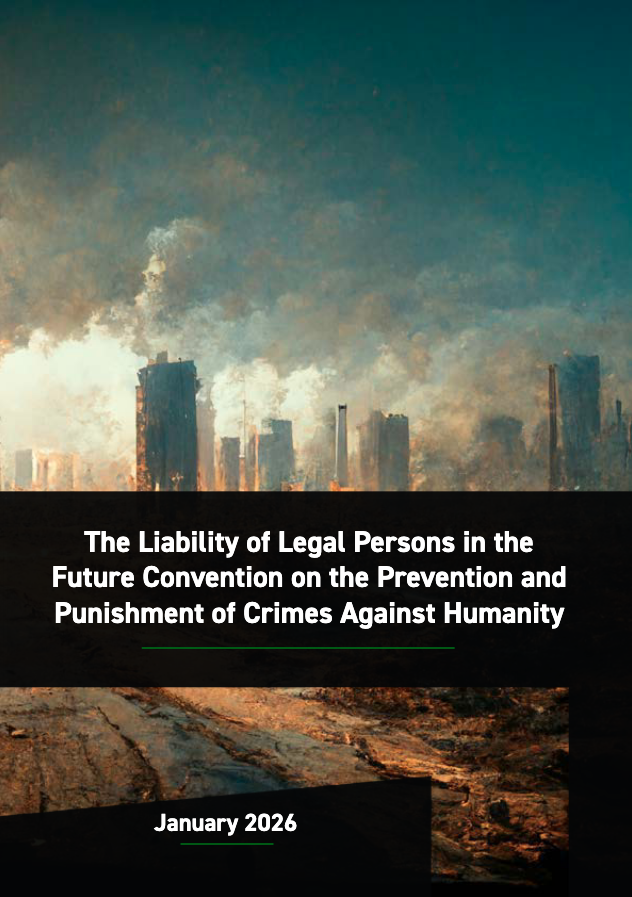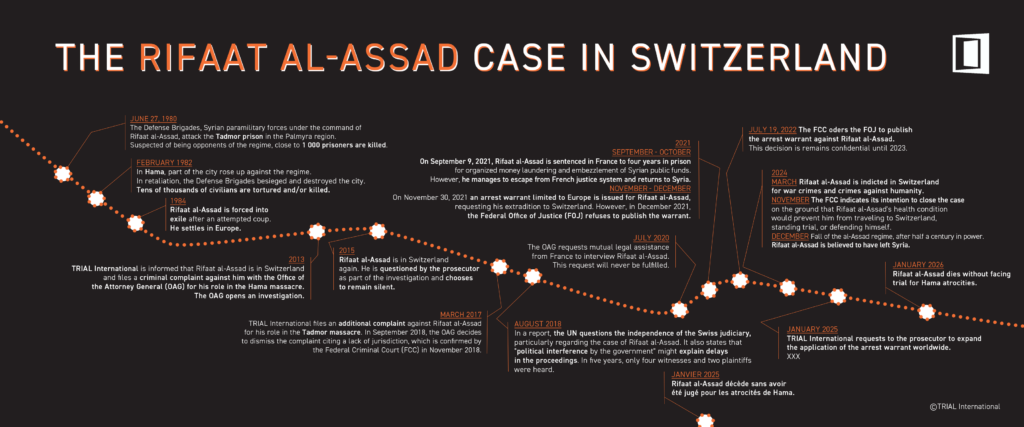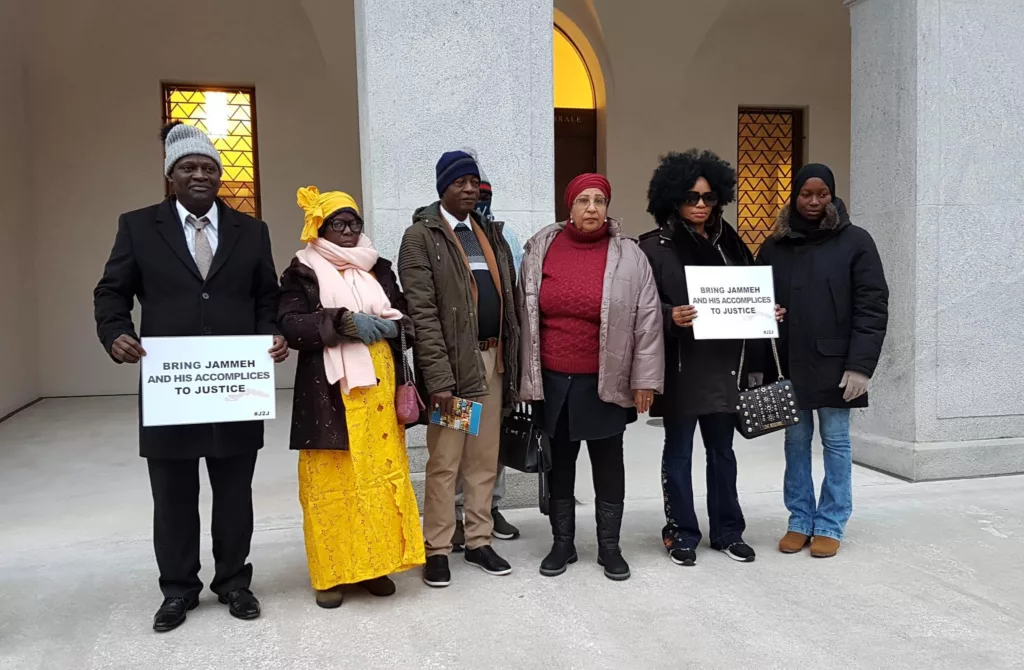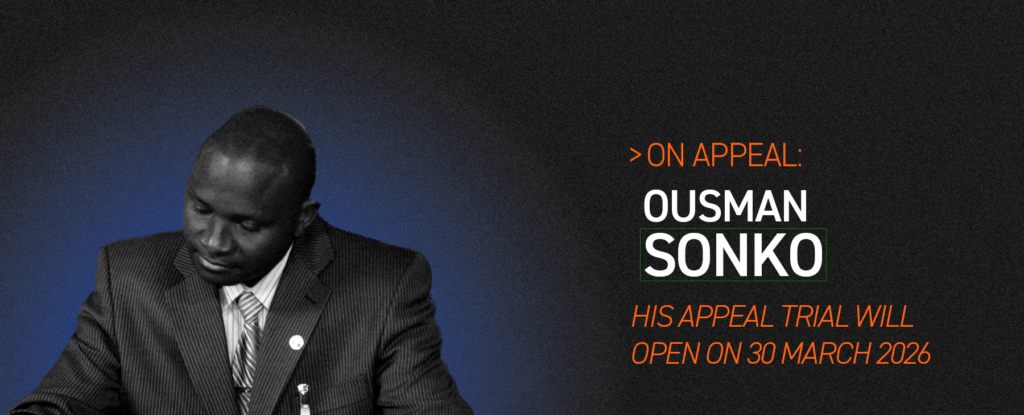DRC: gathering evidence for the gravest crimes
Patient Iraguha, Legal Officer at TRIAL International, documents mass crimes in DRC’s most remote areas. A laborious and sometimes dangerous exercise, but a necessary one for victims to regain trust in justice.
For the past three years, TRIAL International has been undertaking evidence-collection missions directly where serious crimes were committed. This action was based upon the two-fold observation that the time lapse between the commission of the crime and its prosecution played a role in the disappearance of pieces of evidence; and that the perpetrators of mass crimes were sometimes acquitted due to lack of evidence. To remedy that, there was only one solution: travelling to the crime scene, in remote and sometimes dangerous areas. It’s the price to pay to build a solid case.
The evidence we gather includes accounts from victims, medical records and certificates, testimonies from local authorities, pictures or even videos.
Working in a conflict zone
The first difficulty pertaining to evidence collection is the unstable security situation. We sometimes intervene in zones where armed groups are still active.
It may be only in hindsight that we recognize the risks involved: last year, I collected testimonies from locality leaders where crimes had been committed. It’s only much later that I realized how closely related they were to the political-military group that was committing these atrocities. We are operating in an extremely volatile context, wherein everything has to be thoroughly analyzed.
Insecurity is also an obstacle for the victims: the fear of reprisals often inhibits their voice. Their security is our primary concern.
A thirst for justice
The victims we meet often expect a lot from documentation missions. We may be the first to listen to their stories, to try to understand them. Many Congolese have lost faith in justice and ask us to explain the authorities’ silence.
On the other hand, the torturers’ impunity may give some victims a thirst for justice. They are all the more determined to speak. It’s their courage that gives me the energy to pursue my work.
One day, I met a woman who had suffered terrible violence. She had lost everything and lived in exile, whereas the perpetrators remained free. While I was asking her questions, she inquired: “Sir, do you really believe that justice exists here?”
I responded that we had to believe so, even if the path could seem strewn with obstacles. This answer summarizes all the difficulty of working with victims. Our concern is always to balance between rebuilding their faith and courage, and remaining frank because, in DRC, the journey to justice is generally very long.
Patient Iraguha, DRC Legal Officer
Watch the testimony of a victim




